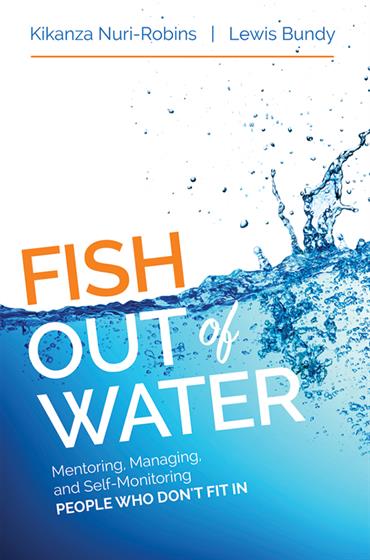Hands-on, Practical Guidance for Educators
From math,
literacy, science, equity, multilingual learners, and SEL, to assessment, school counseling,
and education leadership, our books are research-based and authored by experts
on topics most relevant to what educators are facing today.

Fish Out of Water
Mentoring, Managing, and Self-Monitoring People Who Don't Fit In
For anyone who doesn’t “fit in,” this book offers survival strategies for managing the dynamics of difference and mentoring others who are targeted because they are different.
Product Details
- Grade Level: PreK-12
- ISBN: 9781506303024
- Published By: Corwin
- Year: 2016
- Page Count: 256
- Publication date: April 07, 2016
Review Copies
Review copies may be requested by individuals planning to purchase 10 or more copies for a team or considering a book for adoption in a higher ed course. Request review copy



